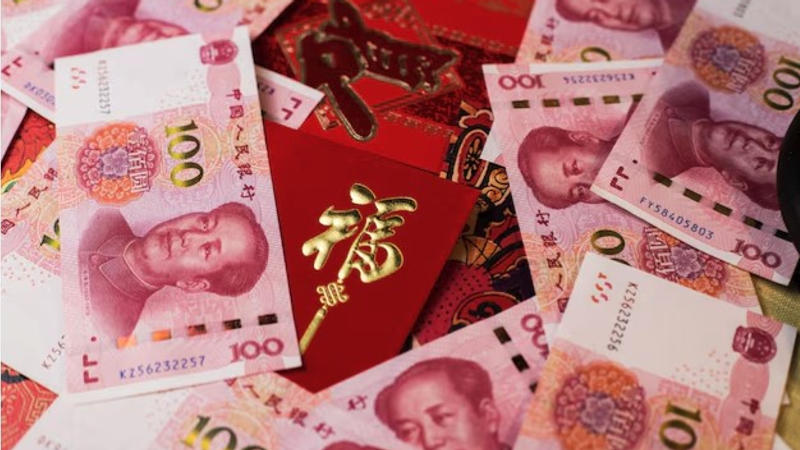Published 19:18 IST, May 23rd 2024
China’s 25% bond spike shows rational exuberance
Issuance is the first batch of the 1 trillion yuan ultra-long special treasury bonds the Finance Ministry plans to offer this year.

My name is bond. Mom-and-pop traders have just had the perfect introductory course on buying bonds. A 25% spike in the price of China’s 30-year sovereign notes upon their debut on Wednesday underscores voracious demand for appreciating assets as real estate and equities disappoint. The exuberance proved fleeting but it will tempt Beijing to further open up the government bond market to retail owners.
The 40 billion yuan ($5.5 billion) new issuance jumped more than 13% on open at the Shanghai exchange, prompting a 30-minute suspension by the bourse. They were suspended again after the rise widened to 25% when they resumed trading. At that point, its yield was down to 1.5276% from a 2.57% coupon at launch. The surge looked irrational. Prices pulled back eventually and closed only 1.3% higher on the day.
Only 80 million yuan worth of the notes changed hands in Shanghai. Trading was subdued and prices hardly moved in the interbank market, a venue for institutional traders. Yet the eye-popping buying underscores strong interest from domestic retail investors for safe havens at a turbulent time in the world's second-largest economy.
It's a sign of things to come. The issuance is the first batch of the 1 trillion yuan ultra-long special treasury bonds the Ministry of Finance plans to offer this year. At the time being only qualified institutions are allowed to bid for the open tenders and individuals can only buy in the secondary market in Shanghai and Shenzhen through banks and brokerages.
The government bond market is set to expand quickly as Beijing has made it clear it will need to sell special bonds over "each of the next several years". The market stands at 29.4 trillion yuan, or roughly $4 trillion, in January this year, according to the People’s Bank of China. Retail holdings account for only 2.6%.
Beijing has remained cautious on who can buy, partly due to concerns of drawing too much liquidity from the ailing stock market. That may change as the central government takes the lead over indebted local governments to leverage up. But it may relax sooner rather than later.
China’s total household deposits were at a record 132.2 trillion yuan, on par with total GDP, at the end of June 2023, and up by 12 trillion yuan in the first half of this year - the biggest increase in a decade. Those savings are ripe for raiding.
Updated 19:18 IST, May 23rd 2024




